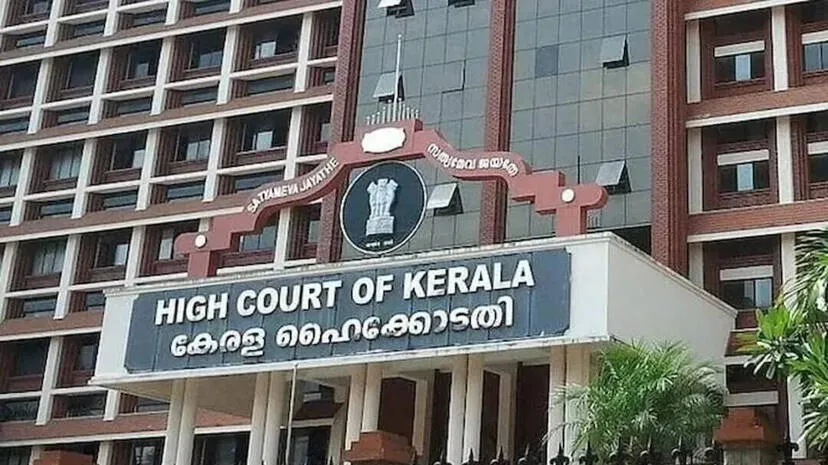

KOCHI: The Kerala High Court has directed the government to provide counselling, with the help of religious leaders if necessary, for a blind beggar planning a third marriage without paying maintenance to his second wife. Justice P.V. Kunhikrishnan noted that efforts should be made to reunite the couple if possible, otherwise, one more destitute woman would be left abandoned. He also stressed that the rights of the first wife must be safeguarded.
The directive was issued while hearing a petition filed by Jubairiya from Malappuram against N. Seydali of Kuttippuram, Palakkad, in connection with a family court order. The court further directed that a copy of its order be forwarded to the Social Welfare Department secretary.
Echoing the family court’s observation, the High Court noted that though it cannot order the beggar to pay maintenance to his wife, justice must still be ensured for the wives, and accordingly disposed of the petition. Seydali stated that he makes a living by begging in front of a mosque on Fridays and doing small jobs. The petitioner, however, argued that he has an income of Rs 25,000 and sought Rs 10,000 from it as maintenance.
“It is the duty of the government, the courts, and society to ensure that no one is forced to beg for survival. It is an obligation to guarantee food and clothing,” the court observed, quoting Sree Narayana Guru’s verse from Daivadasakam: ‘You alone, who protect us by providing food and clothing without fail, are our Lord.’ The court added that this is a great prayer based on the philosophy of Advaita.
The court further noted that threatening divorce (talaq) and abandoning wives amounts to cruelty. Under Muslim personal law, multiple marriages are not allowed if a man cannot provide for his wives. Only if justice and fair treatment are ensured can more than one marriage be permitted. The court said that the majority of people in the Muslim community have only one wife, and that the Holy Quran clearly emphasises the need to ensure justice.